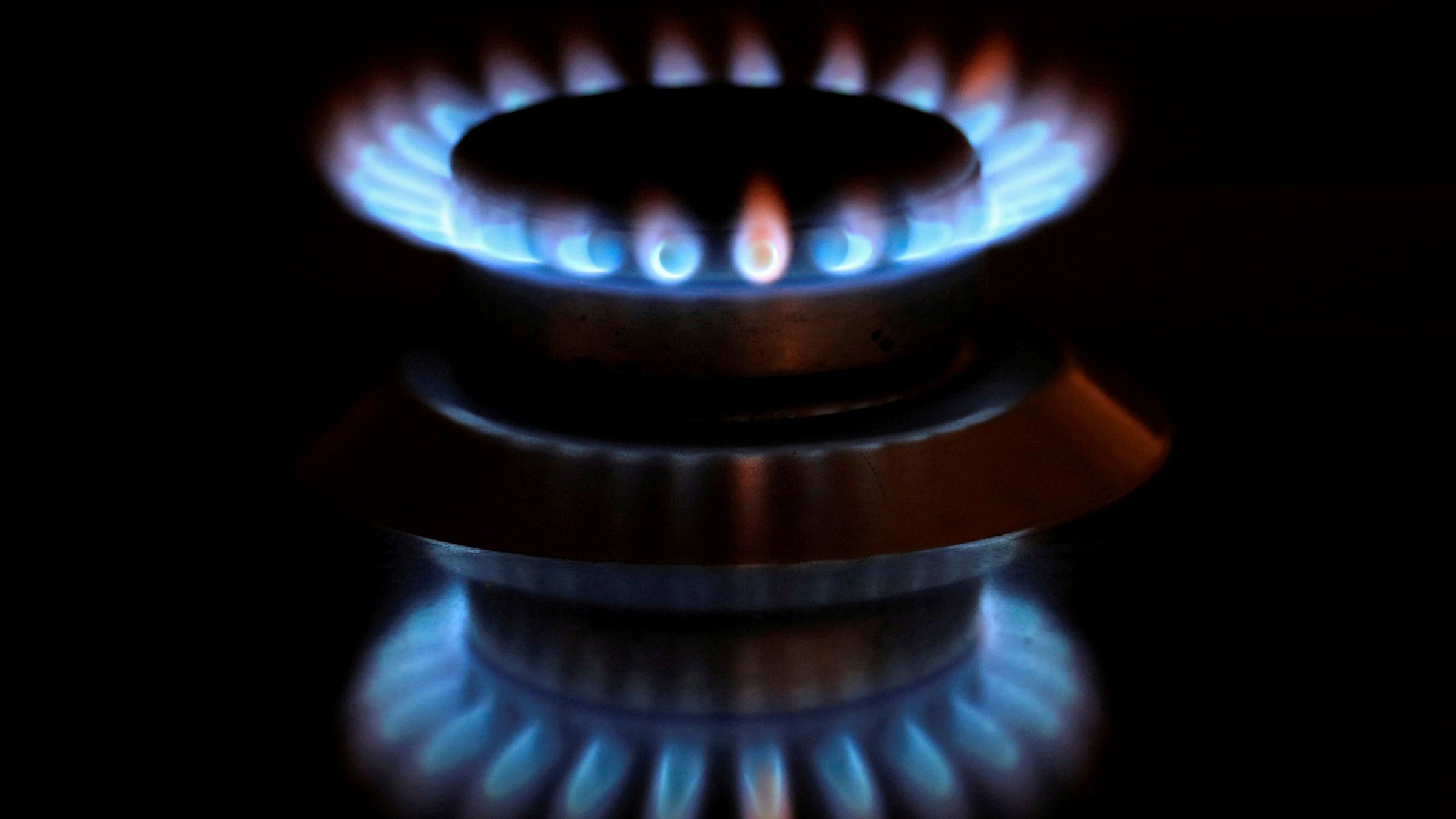Bulgaria has reduced its consumption of natural gas by almost a quarter in the last six months, announced the European Commission.
A report released on Monday stated that between August 2022 and January 2023, natural gas consumption in Bulgaria decreased by 23.9% compared to the average levels of the last five years. The biggest economy was registered in October, when consumption was 32.7% and in January – 29.4%.
The only month when Sofia deviated from the voluntary measures to reduce gas consumption introduced by the EU for 15% savings was August – 14.9% less.
Last summer, the European Commission proposed, and member states agreed, to introduce measures for 15% voluntary savings on natural gas consumption to get through the winter if Russia permanently stops supplying Europe with the fuel.
For the past six months, most countries have managed. Most impressive: Finland, where natural gas consumption fell by 58.5%, Lithuania – 40.5%, and Sweden – 40.2%.
Five countries failed to reach the European target of 15% – Ireland (down 0.3%), Slovakia (-4.6%), Malta (-12.1%), Spain (-13.7%) and Slovenia (-14.2%).
In general, the EU managed to reduce gas demand by 19%, or by 41.5 billion cubic meters, from August to January, compared to the previous five years.
Households saved more than businesses
Eurostat’s sectoral analysis shows that between August and December 2022, the reduction in gas consumption in households was around 50% and in industry – 43%. The performance of the power sector contributed only 7% to the overall reduction in gas demand due to low availability of hydropower and nuclear capacity.
Industry is responsible for most of the fall in demand in summer and fall, while households are responsible for most of the fall in demand (and consumption) in winter.
About one-sixth of the realized savings are due to the milder winter compared to the previous five summers, which corresponds to 5 bcm of a total reduction of 30 bcm between August and December.
What the savings look like
European countries had to “make every effort to reduce gas demand by 15%, which becomes mandatory in the event of an alert” from the union, include savings measures in their emergency plans and report to Eurostat on what has been achieved decrease in demand every two months.
The European Commission reports that the main types of measures are information campaigns on how to save, and measures to reduce heating and cooling. Most of the plans involved introducing restrictions on heating and cooling in public buildings, and to some extent offices and shops. Several countries have restricted the lighting of public buildings and monuments and even storefronts.
The Commission points out that some countries have subsidized their consumers to switch from gas appliances to other fuels, to replace inefficient appliances and to rehabilitate buildings. In some countries, in addition to subsidies for switching to renewable energy, the installation of heat pumps, tax reductions are also offered to consumers who switch to more economical heating and cooling systems.
More savings
In order to guarantee gas quantities during the heating season, the European Commission obliged the countries to fill their gas storages by 80% by October 1st. Thus, the winter passed without a shortage, and prices fell significantly from the peaks reached in August 2022.
But according to analysis published on Monday, the market remains tight and without a reduction in gas demand after March 31 (the end of the EU heating season), it is unlikely that member states will be able to meet their obligation to pump reserves into their underground storage for next winter, and fill them up to 90% by October 31. This, according to the commission, puts the security of supply at risk next winter, with a possible shortage of gas or the return of very high gas prices.
The International Energy Agency (IEA) has also warned that supply shortages could occur in 2023 unless further action is taken to conserve gas.
With these arguments, on Monday, the European Commissioner for Energy, Kadri Simson, proposed an extension of measures to save natural gas consumption for another 12 months.
According to the commission, if the reduction in gas demand continues for another year, supply security problems will be avoided next winter.
“The Commission’s analysis finds that to fully offset the ongoing decline in Russian gas, continued reductions in gas demand are needed to complement additional LNG and pipeline gas delivered from other countries and new renewable capacity, installed from early 2022, concludes that continuing the 15% cut in April for another year would be enough to achieve a 90% gas storage fill rate by November 1 and warrant security concerns of gas supplies next winter,” the report said.
The Commission also adds a requirement to monitor savings by economic sector in EU countries every month.
Energy ministers will discuss their proposal at their meeting on March 28.

